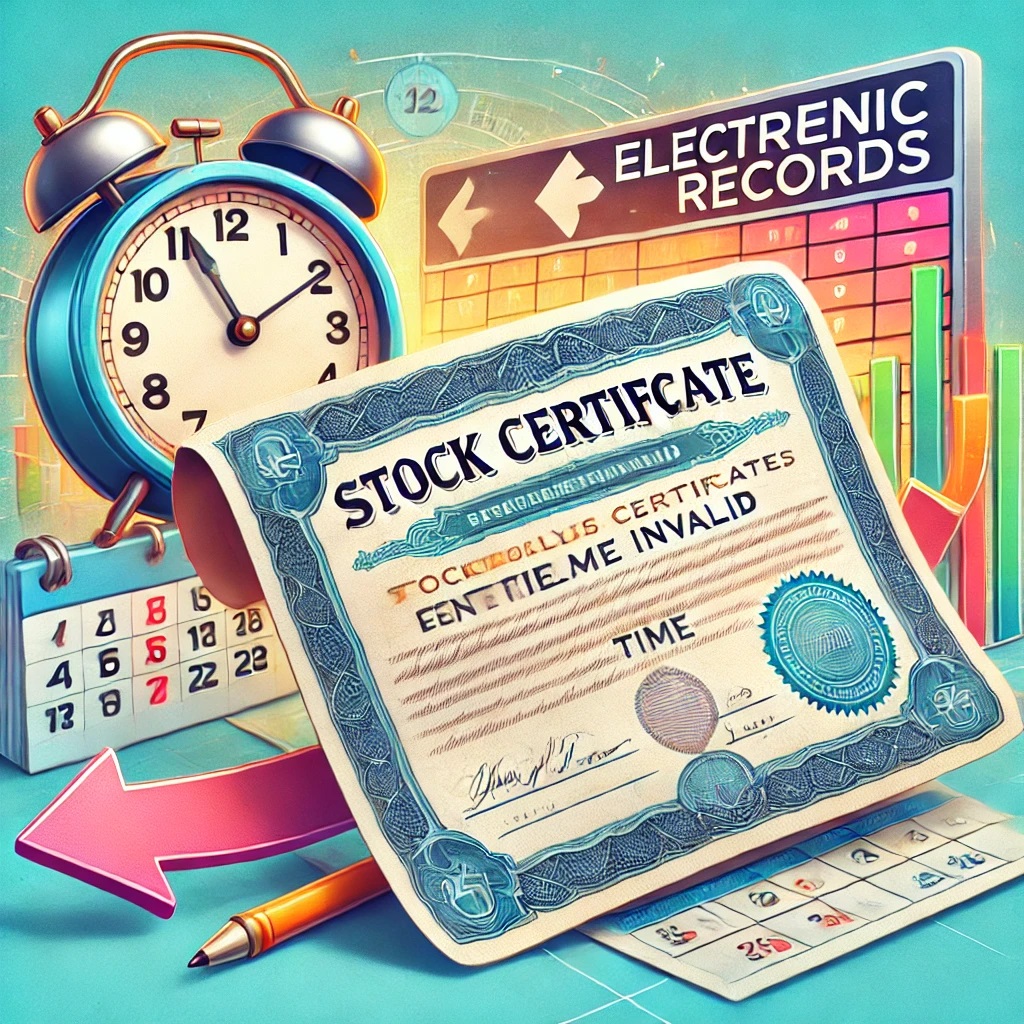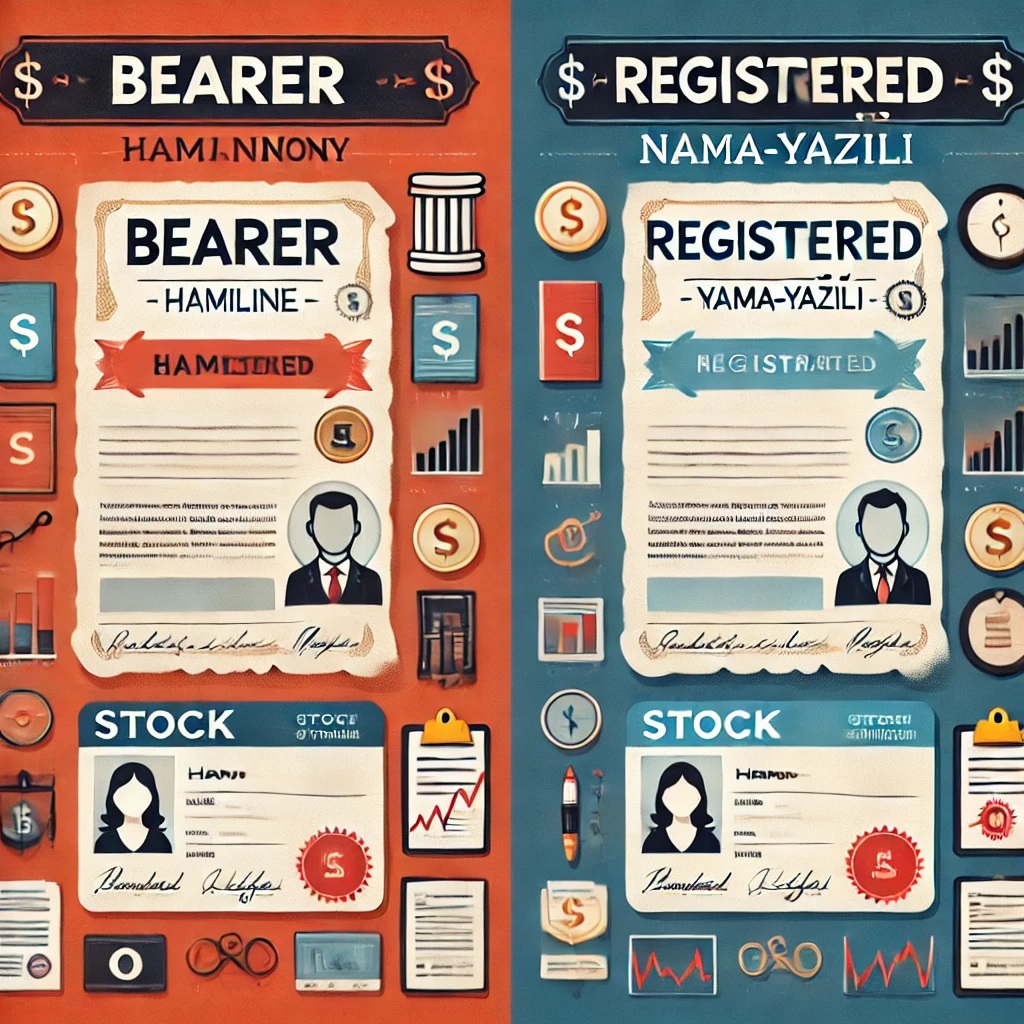There are currently 3 types of Intermediaries operating on the Exchange:
1)Banks
Some public and private sector banks have been authorized to Service” and obtaining an ”Intermediary Certificate and intermediation as well as banking.
2) Intermediary Institutions
These are specially set up to act as intermediaries and Joint Stock Companies operating only in brokerage They are companies with company status.
3) Stock Brokers – Stock Exchange Bankers
These were in force at the time of the establishment of the Exchange by passing certain exams within the framework of the legislation, to personally act as a Broker in the Stock Exchange are permitted individuals.
The amended legislation stipulates that after a certain period of time, they will be transformed into firms and organized as joint stock companies. However, they are still able to carry out brokerage activities on the Stock Exchange under their own names.
By the end of 1990, the number of certified brokers in the form of banks, joint stock companies and individuals did not exceed ISO.
Since the size of the hall of the Istanbul Stock Exchange does not allow more brokers to operate in the hall due to the simple “write on the board, buy next week” trading method, the Capital Markets Board limits the establishment of new brokerage houses.
(1) Intermediaries’ interest?
The main duty of brokers is to intermediate trading. This is how they make a living.
In both buying and selling, they receive a commission, called “kurtaj” in Stock Exchange parlance, on the sum of the value of the purchase and sale.
The commission rate varies according to the volume of business. It is set between l percent and 5 percent of the transaction value.
In other countries, it is generally forbidden for brokers to engage in any business other than brokerage, to buy and sell stocks for themselves, or to hold portfolios.
Because in this case, “First life, then life” They can act in the stock market and always put the interests of their clients on the back burner.
In Turkey, it is permissible for intermediary banks, institutions and individuals to hold portfolios, buy, sell and hold stocks on their own behalf.
(2) The danger of intermediaries holding portfolios
Attention when choosing an intermediary to buy and sell stocks is whether your broker has a portfolio or not, to involve its own portfolio in brokerage transactions is not contaminated.
If the intermediary (bank-institution-person) wants to increase his/her profits by intertwining his/her own portfolio with his/her brokerage responsibility, he/she may make you buy stocks at a time when you will not buy them (in order to empty his/her own portfolio).
At a time when you cannot sell (in order to buy your own stocks), they may sell your stocks at a cheap price.
Before you know it, your buy order is being executed at the highest price, and when you sell, you are selling at the lowest price of that day’s session.
There is nothing you can do in such a situation. The only thing you can do is to change your vehicle.







